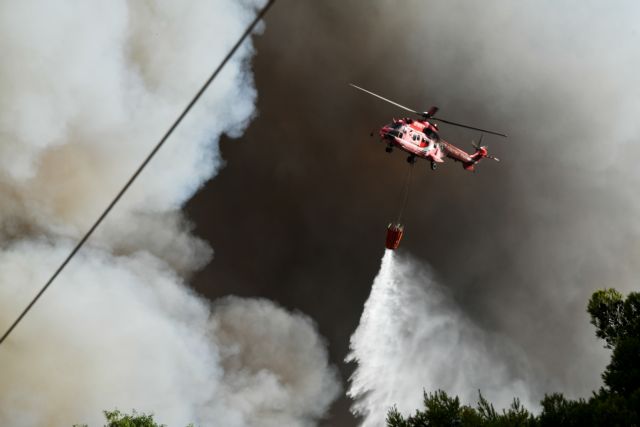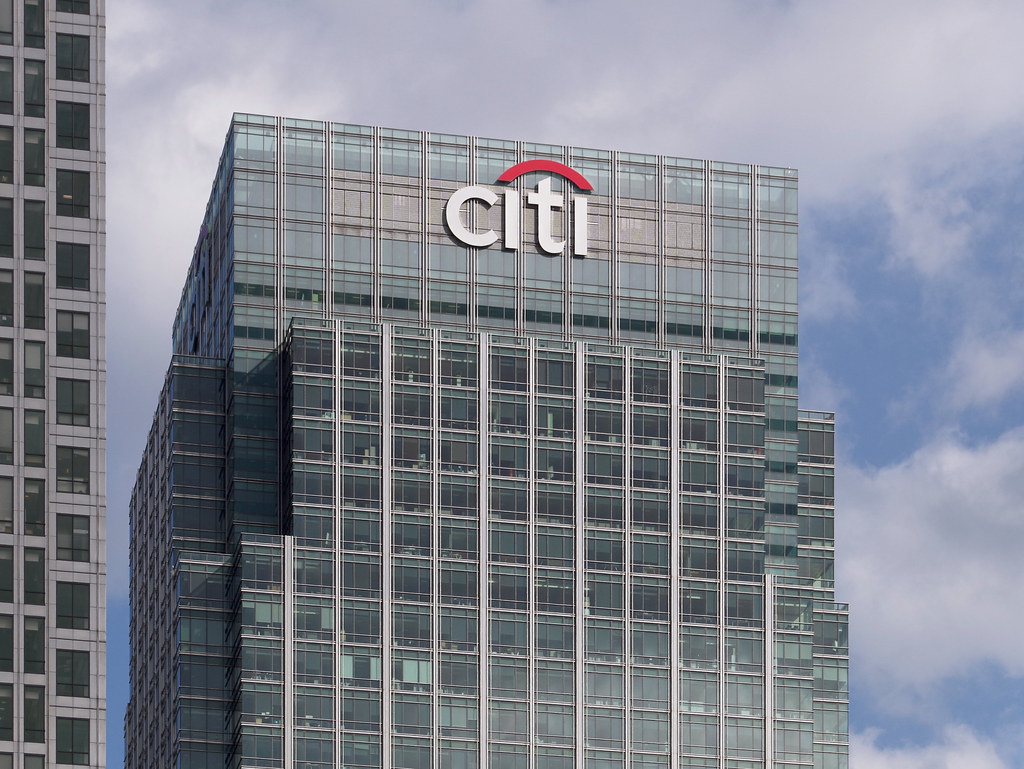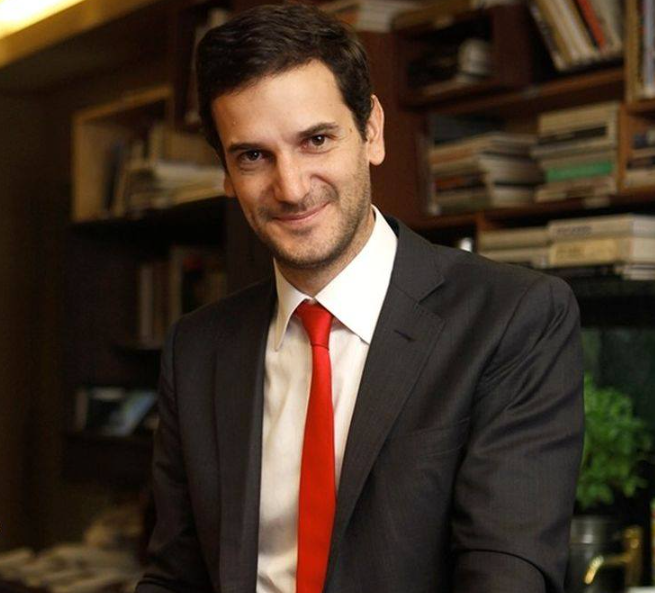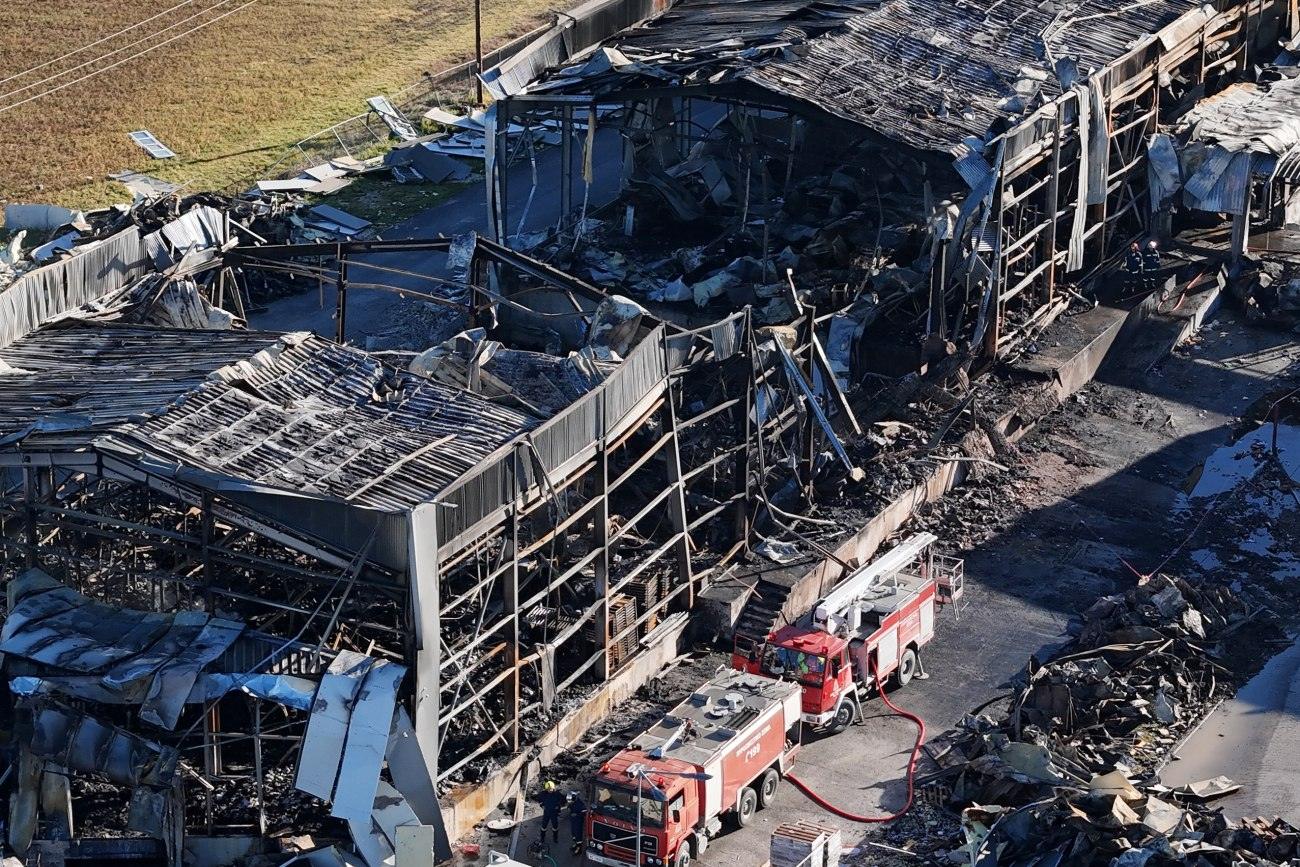The Hellenic Pulmonary Society informs about the ways of protection from the suspended particles and the smoke.
Basic instructions in conditions of fire smoke inuindating the atmosphere
-The immediate exit from the area of the fire.
-The complete avoidance of travel for people with serious underlying diseases, the elderly, children, and pregnant women.
-Staying as much as possible in closed air-conditioned areas with closed windows and doors.
-If movement is deemed necessary, a high respiratory protection mask (FFP2 or 3) or alternatively a double surgical mask should be used. Movements should be made at lower thermal load hours, eg at night.
-As already mentioned, patients with chronic respiratory or cardiovascular diseases should not move, especially if it is not possible to use a high protection respiratory mask.
-For patients with asthma and COPD, diseases that are primarily aggravated by the environmental burden, strict adherence to medication is required, and in case of any worsening of symptoms, direct contact with the treating Pulmonologist in order to adjust the treatment.
Possible symptoms and consequences of short-term exposure to smoke
The most common symptoms associated with short-term exposure to smoke, regardless of the mechanism, are related to the upper respiratory tract, and are manifested by rhinitis and a feeling of dryness in the throat. A dry and irritating cough may also occur, and shortness of breath may occur regardless of the underlying disease.
Systemic symptoms such as dizziness, nausea, and headache indicate possible carbon monoxide toxicity that should be investigated immediately.
These symptoms can occur in completely healthy people, but it is clear that the frequency and intensity are higher in people with underlying diseases, mainly of the respiratory and cardiovascular systems.
It is known that toxicity from inhalation of combustion products can cause thermal or chemical damage to the respiratory system. Immediate thermal damage is caused by the inhalation of hot steam near the center of the fire and affects the upper airways.
Chemical damage is caused by the inhalation of organic microparticles of different composition and size or chemical irritants and can affect both the airways and the pulmonary parenchyma.
The main, immediate cause of death in case of fire is from suffocation due to the consumption of oxygen near the fire in combination with the inhalation of a large amount of smoke. Often there is a degree of chemical asphyxia with systemic symptoms, from the inability to use oxygen at the cellular level. Chemical suffocation is due to the inhalation of incompletely combustible products such as carbon monoxide or hydrogen cyanide from the combustion of eg plastics or other nitrogen-containing materials.
Farther away from the source of the fire, inhalation of microparticles and chemical irritants can cause damage to a significant number of people. The severity and extent of damage from the inhalation of particles and / or toxic gases depends on various factors such as the size and diameter of the particles, the duration of exposure, the solubility of toxic gases and the existence of an underlying disease. Toxicity, as mentioned, can affect the upper airway, the tracheobronchial tree as well as the pulmonary parenchyma.
The President of the Hellenic Pulmonary Society, Mr. Stelios Loukidis, Professor of Athens University emphasizes: “It is necessary for citizens to take the necessary protective measures, and to avoid unnecessary travel, especially for patients with respiratory and cardiac diseases. The Hellenic Pulmonary Society is by the side of Greek patients, is monitoring the developments and as long as new data emerge it will come back with newer instructions “.
For his part, Mr. Charalambos Moschos, Pulmonologist, points out: “Smoke and suspended particles have increased toxicity and for this reason it is necessary to avoid exposure to them. Patients with chronic respiratory diseases, such as Chronic Obstructive Pulmonary Disease (COPD) and asthma, must be in constant contact with their treating physician and faithfully follow their protection instructions and medication.”









































